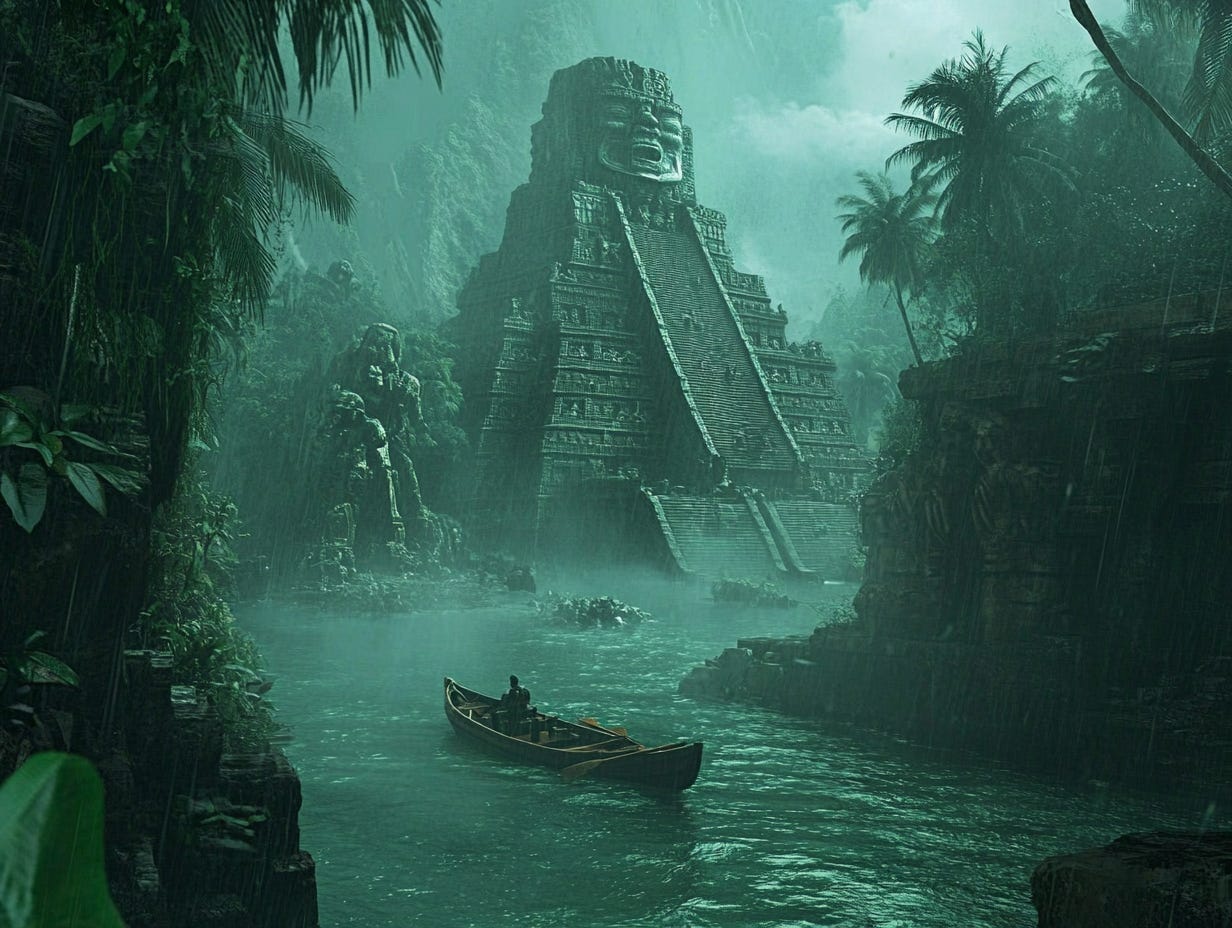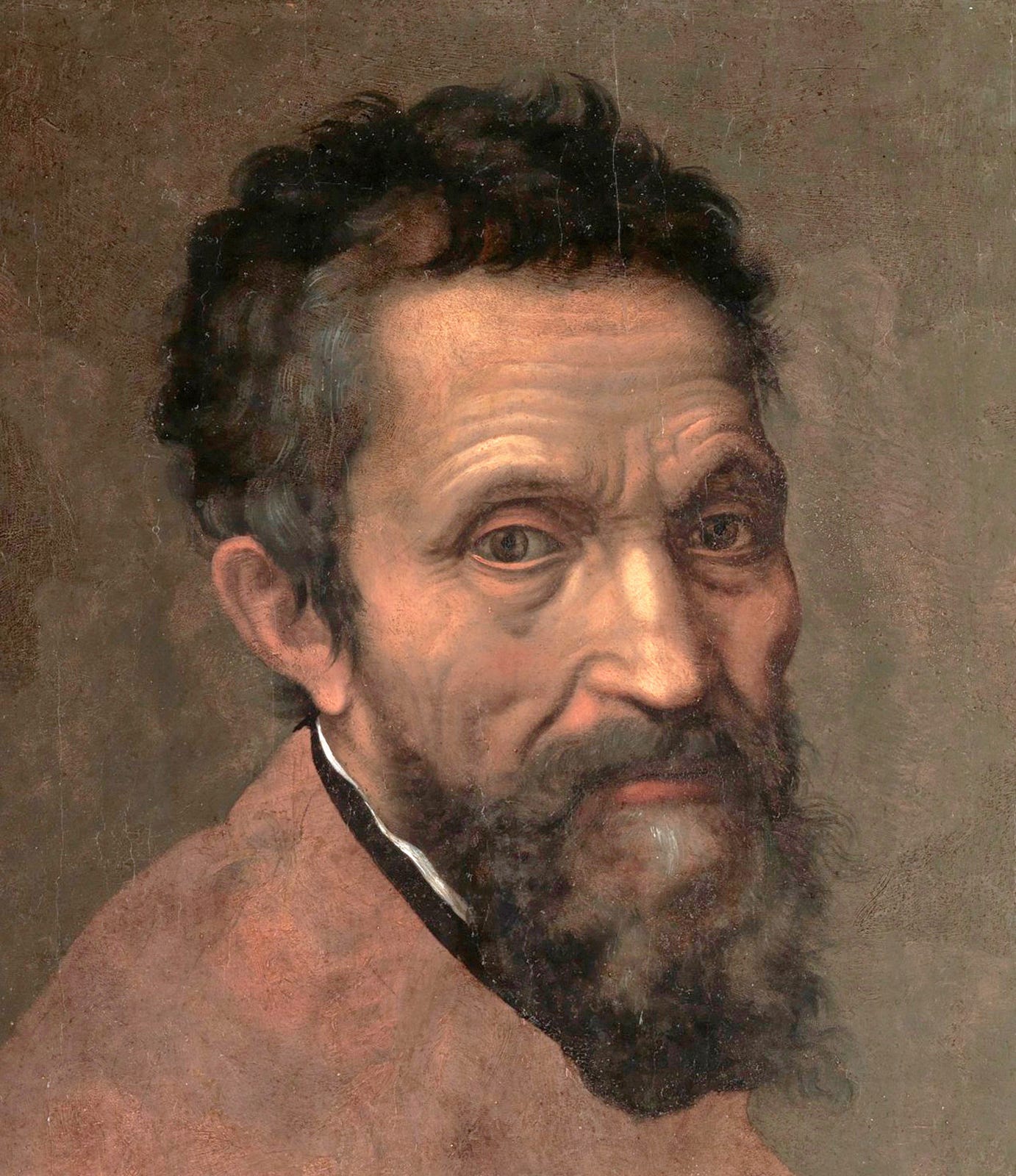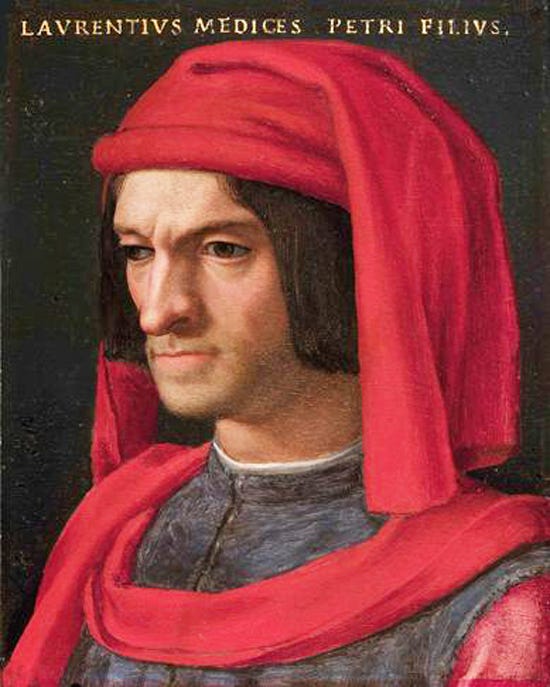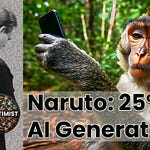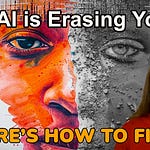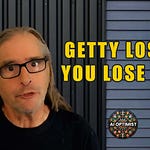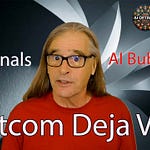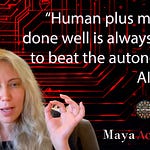"I was searching this pirated database of books that have been taken off the internet, and it was bought by Meta in 2020..."
That's how our story begins. Through Ann Handley's newsletter, I discovered an Atlantic article with a way to search the pirated LibGen database containing everything from Harry Potter to Stephen King — even Anne's books.
A database Meta purchased in 2020, likely to train AI.
Search LibGen via The Atlantic
And it reveals something about how AI companies approached training data.
A Meta director of engineering admitted in a 2020 chat (revealed through legal filings):
"The problem is that people don't realize that if we license one single book, we won't be able to lean into fair use strategy.
So we'll have to drop all of the LibGen and books data sets."
This engineering choice wasn't just about cost—it was about time. Those pirated books fueled early AI development before most people even knew what was happening.
It's cheaper to risk lawsuits than to start paying everyone. That's the reality we're facing.
But here's the contradiction that nobody's talking about:
Today, the creative economy is worth an estimated $985 billion.
G20 Insights estimates that by 2030, the creative economy could account for 10% of global GDP.
Deloitte predicts that by 2030, there will be up to 40% growth in the creative industry.
If AI is "stealing" all creative work, how is the creative economy projected to grow so dramatically?
The creative industry is rising. So should you.
This contradiction sits at the heart of our conversation today. The creative industry isn't dying—it's transforming.
And instead of fighting yesterday's battle, let's explore how creators can position themselves over the next 2-5 years when everything's changing.
"The AI freight train is coming on.
I'm saying to the creators, here's what you can actually do."
Part 1: Creators as Energy Feeding AI
"It starts with knowing the side hustles."
Instead of fighting for micro-payouts after the fact, what if creatives became direct contributors—fueling AI with expertise, unique insights, and high-quality input?
This isn't about being replaced by AI, but about becoming an essential part of AI's lifecycle.
Most of the AI experimentation is happening at the big enterprise level—big tech, large companies where major experiments are underway.
I've been dissecting these down to see what might apply to you and me.
"What if we could fuel AI with expert insights, knowledge, experience and also creativity, that dynamic part of humanity, not just limit the probability and the creation to AI?"
Small Side Hustles: Specialized Data Curation
Financial services, human resources, marketing and sales—these three industries have been the first broad lines of AI adoption because they involve more predictable scenarios like creating words or formulas.
Still AI models lack niche, high-quality domain knowledge—especially in:
Highly specialized writing and creative work
When a friend asked me about selling copywriting services, I told him, "I don't think people are looking for copywriting services.They're looking for your knowledge, your experience, your words using AI."
That's exactly what he does—creating a voice, a tool, their own AI copywriter built with them.
Cultural context
"I live in Northern California, which most people consider Los Angeles. But if you know the United States, we're part of Cascadia—Washington, Oregon, and the upper northern part of California. People barely ever visit."AI often lacks this deep social understanding and cultural point of view. It only knows what we've written about.
Authentic voices and visual knowledge
"People who are photographers, people who are artists can be able to use their visual knowledge, their domain-specific knowledge to help people work with GenAI."Knowing all the aspects that a photographer understands to get that good shot—the kind of film, the camera, the lighting—these are specialized skills AI still needs help with.
The best thing about these side hustles? The AI training takes time and usually is more than a month or two.
Plus, "if there's no training and it just ends, there's entropy. It erodes. Your service might be something you could offer again and again."
Think of it as teaching AI to speak the language of your creative domain—combining technical understanding with creative intuition to help businesses find their way through this new landscape.
Part 2: AI-Driven Creative Careers
"This is future looking. I don't like to do that.
But if we're seeing a creative economy growing so much,
where might some of the opportunities be?"
Beyond side hustles, entire new career paths are emerging with creativity and AI.
These aren't just theoretical futures—they're starting to take shape right now.
AI Creative Residencies
"Let's go back to the Renaissance."
In the Renaissance, artists weren't paid to sell their books—it was hard. The Medicis, for example, that famous family (sort of like The Sopranos of their time), worked with Michelangelo as a patron, creating art.
"What if we had these micro-Michelangelos, this ability to distribute this knowledge and creative residencies where this creative person and their domain would come in for three months, six, 12 months, maybe hired in-house from bigger companies to help their training?"
AI companies (or even third-party organizations) could hire creators to:
Fine-tune AI models with unique styles and develop those styles with them
Create AI-enhanced experiences (what the customer sees when visiting a site)
Act as AI "consultants" for businesses trying to implement generative AI
"A creative residency allows you to use your creativity, and you can start applying this to small nonprofits, small businesses.
There's all these people who are so lost on AI and so few are helping them."
Instead of viewing AI as defeating creativity, think of it as an opportunity to bring your specific skills to help others understand their customers, their data, and improve it through a creative residency.
"AI is driven by probability. We need a good and a bad to find the middle."
This understanding opens up creative possibilities that technical teams might miss.
AI Agent Definers and Designers
"The marketers have taken over AI agents last year... but here's the thing about AI agents—they're good.
They're really good at doing automations.
They're sometimes good at doing workflows."
A new hybrid role is emerging that blends technical understanding with creative instinct:
Designing AI personalities and behaviors that resonate with specific audiences
Creating workflows that combine AI capabilities with human creativity
Defining how AI interfaces with creative processes
"This isn't programming. It's creative direction for AI behavior."
But you need to know a little bit about how this works—take some classes, get yourself familiar, do some prompting.
"Where do people start losing it?
Where is the organization of projects happening and going wrong?
Have you ever been on one where it just goes off the rails because people aren't that organized?"
These are the workflow gaps where creatives bring value.
The most valuable skill isn't just making content anymore—it's defining how AI interprets and generates content within specific creative contexts.
Help people find their way through this new landscape with your domain expertise combined with AI understanding.
Part 3: The Reality Check on Licensing
"Everyone who's a creator says, 'I want to get paid for what was taken from me.' And while that's good, where were you getting paid before AI took it from you?"
While we're all frantically trying to prove AI stole our content, the creative economy has always been a fame lottery.
Only a small percentage of creators make substantial money from their work. AI isn't changing that ratio—it's just changing how the game is played.
The Fame Lottery
"If your content was taken and it made a lot of money, you're going to be one of the many talking about licensing deals or represented by lawyers who are trying to figure this out."
Consider these realities:
Getty Images watermark shows up in Stability AI outputs—their brand became a pattern because it was repeated so often
Famous authors like J.K. Rowling might get licensing deals because their work creates recognizable patterns
For the average creator? "None of us obviously exist at this level"
The reality is, finding your influence in AI models is like finding a specific drop of water in the ocean.
The Licensing Economics
I went and asked a number of different bots and people like, how would this compare to how musicians get paid at Spotify right now?
Right now, AI companies have paid undisclosed amounts to outlets like Axios and Axel Springer for licensing deals, but let’s construct some hypothetical numbers.
If you're a musician on Spotify, there is so little money from all that streaming that you have to go on the road and play concerts because that's where you make your money. Writers and artists who don't have a live stage face an even tougher challenge.
Plus, it's not a good comparison:
"When I go to Spotify, I'm playing your song, or at least a piece of it, right?
But when I'm going to AI, I'm probably maybe getting a piece of your influence."
This leads us to what's called "nonliteral influence," which sounds hokey, but it's essentially about probability putting together patterns. AI isn't storing your exact content—it's reconstructing patterns it's learned.
"For Getty Images, that's brand... If you have your little photos going out there, at best it could partially influence what's going on."
The Licensing Reality
Here's the reality nobody wants to talk about: even if we could perfectly track every creative work that influenced an AI model, the resulting payment would look more like a Spotify royalty than a Hollywood contract.
AI licensing—it's the same. You're a creator.
Are you going to be a hit? Are you going to be a star?
Are you going to be on top of things?
Then you might have some room to talk about licensing.
You get big, you're going to have attorneys and publishers.
Those are the ones getting paid.
Part 4: The New Creative Reality
I'm not really talking about fighting as much as adapting.
We still need human creativity and judgment.
The difference is we need it in new places—not just making content, but shaping how AI understands and generates content.
From Content Creators to Data Strategists
The most valuable creative skill isn't just creating content anymore—it's understanding how data shapes AI's perception of quality, style, and meaning.
Creators can:
Design content that maintains unique human value
Develop expertise in guiding AI tools rather than just using them
Focus on what AI can't do well: emotional resonance, cultural relevance, moral judgment
AI Needs Human Creativity
Instead of fighting AI influence, creators can intentionally design content that stands out in an AI-saturated world.
The future belongs to creators who can:
Use AI to handle scale while focusing on uniqueness
Leverage AI tools to enhance rather than replace their creativity
Position themselves as essential interpreters between AI and human audiences
The question isn't whether AI will use your work—it already has. The question is whether you'll find ways to make your creativity valuable in an AI-powered world.
After all, the most valuable creative skill has never been just making content—it's been making content that connects.
And that human connection is exactly what AI still can't replicate.
The choice is yours: stand on the sidelines hoping for licensing checks or become part of the system that shapes AI's creative future.
"Breathe and put out your voice. Because we need IT."
RESOURCES
Search LibGen, the Pirated-Books Database That Meta Used to Train AI
Anne Handley: Everybody Writes
The Unbelievable Scale of AI’s Pirated-Books Problem
How The Growing Creative Economy Will Soon Devour The Real Economy




